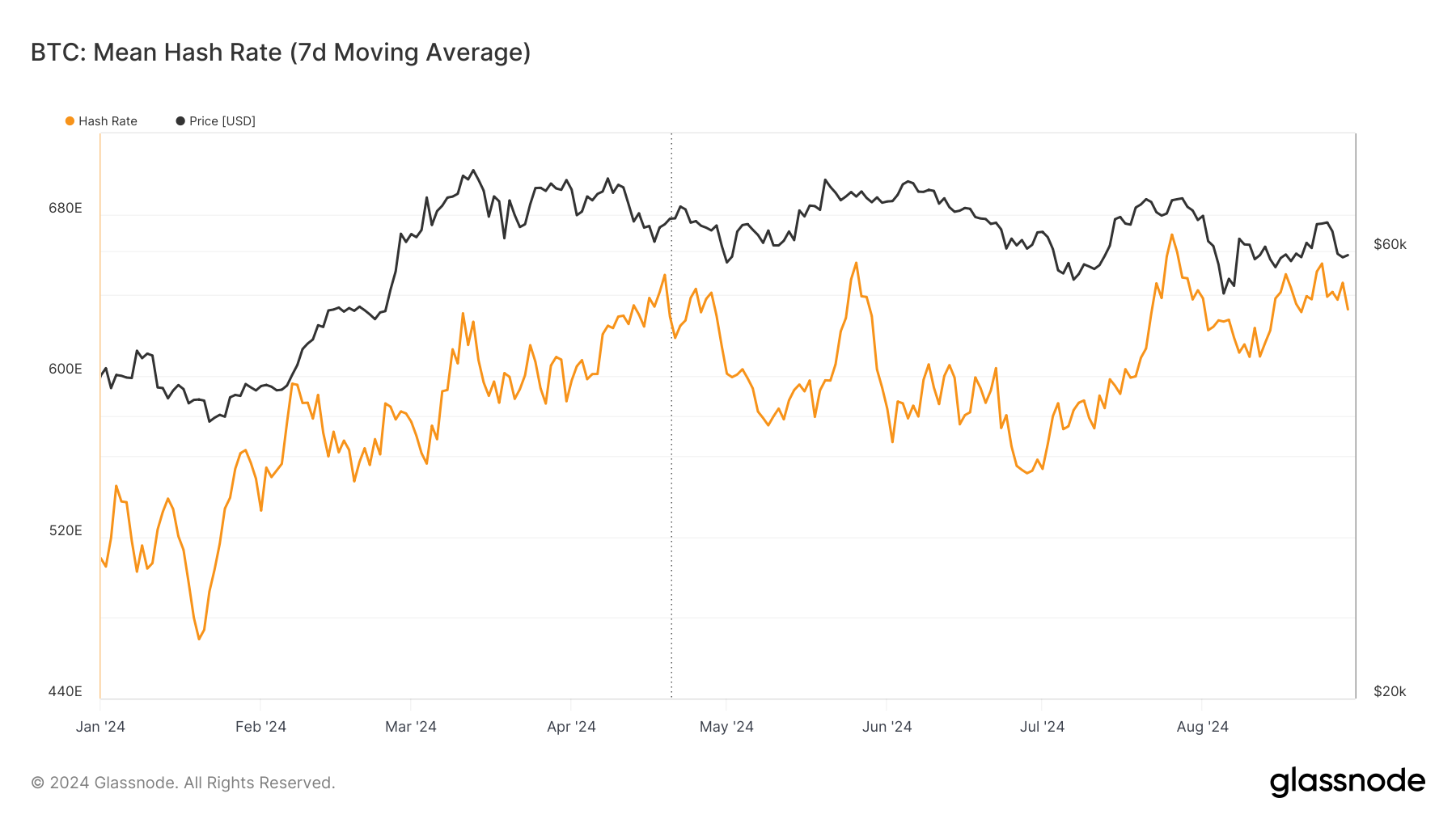Paxos Trust Company, the firm that mints Binance’s stablecoin BUSD, ended its relationship with Binance and stopped issuing the stablecoin on February 21.
The move came after the New York Department of Financial Services (NYDFS) sent out a consumer alert stating that it had ordered NY-based Paxos to halt minting BUSD. Paxos CEO Charles Cascarilla said the decision was not linked to the NYDFS order, clarifying, “The market has evolved, and the Binance relationship no longer aligns with our current strategic priorities.”
In everyday parlance, that means Paxos recognizes that Binance is a toxic brand with no long-term future, and his firm would rather stay on the right side of regulators than continue to associate itself with Changpeng Zhaos’ altcoin casino.
Paxos is also in talks with SEC over BUSD as a security
Leaked internal emails also show that Paxos is discussing with the U.S. Securities and Exchange Commission (SEC) after the regulator said it should have registered BUSD as a security. Paxos CEO confirmed this in an email to employees and clarified that BUSD is not a security, and the company would defend that position via litigation if necessary. It seems that code is not law after all.
Once again, we see the net closing in on more crypto bros as regulators like the SEC go to war with the nonchalant straddling of securities laws that have typified the cryptocurrency industry since its early days.
SEC Chairman Gary Gensler has made it abundantly clear that, in his view, most tokens are securities, and the Wild West era of the cryptocurrency industry is over.
What does this story mean for the industry?
There are two main points to note in the news about Paxos, the SEC and the NYDFS.
First, it’s evident that the SEC views BUSD as a security, and so by logical deduction, we can figure out that it probably views most other stablecoins as securities, too. What does that mean for Tether, Circle, GUSD, and the other stablecoins? Time will tell, but it’s clear that the regulator isn’t warming up towards tokens that are little more than USD counterfeits, some of which have been associated with money laundering and crime on a stunning scale.
Second, we can deduce that companies like Paxos, which is working with the SEC on its application to obtain a clearing agency license and with the OCC to get approval for its national trust bank charter, see the bigger picture and where all of this is headed. Expect more firms with a long-term view to distance themselves from Binance, Tether, and firms like them, doing what regulators order them to do to achieve their larger strategic goals.
This was inevitable, and it’s a good thing
Entering this era of compliance with regulations was inevitable, despite the yelling, kicking, and screaming of the crypto-anarchists. Like it or not, the digital currency industry is big money, and the corporations that dominate it today will be keen to stay operational at all costs. There’s no room for neckbeard idealism when billions of dollars are on the line, not to mention potential criminal convictions for failure to comply with the law.
As the era of utility and value-creation takes hold, players like Binance will fall by the wayside or, at the very least, be pushed out of law-abiding countries and regulated markets. As that happens, enterprise utility blockchains like Bitcoin SV, with its native token BSV, will shine.
Follow CoinGeek’s Crypto Crime Cartel series, which delves into the stream of groups—from BitMEX to Binance, Bitcoin.com, Blockstream, ShapeShift, Coinbase, Ripple, Ethereum,
FTX and Tether—who have co-opted the digital asset revolution and turned the industry into a minefield for naïve (and even experienced) players in the market.
New to Bitcoin? Check out CoinGeek’s Bitcoin for Beginners section, the ultimate resource guide to learn more about Bitcoin—as originally envisioned by Satoshi Nakamoto—and blockchain.



